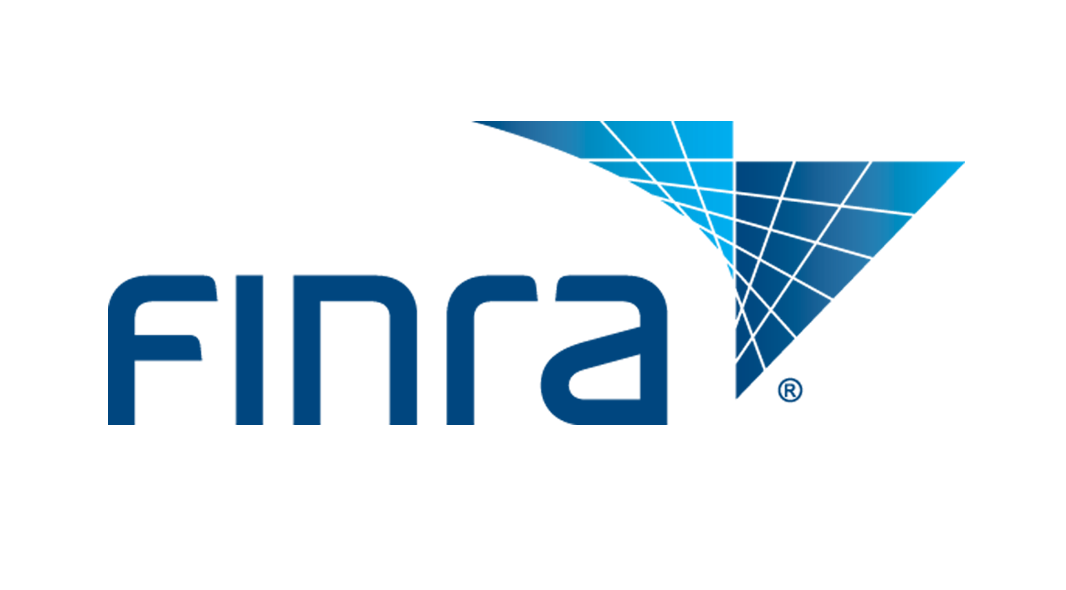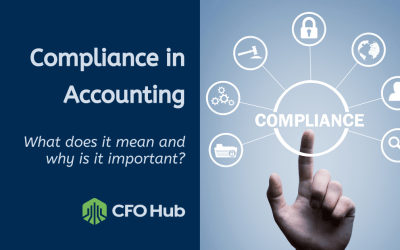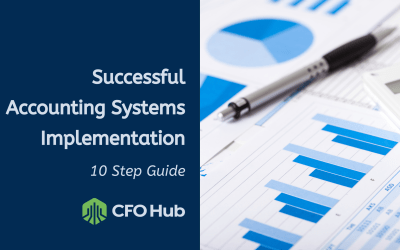As your company grows, things get complicated. More cash is coming in, which is good — but understanding what is really happening within your company’s walls and planning for the future can be more complex.

Mark Jacob
Chief Operating Officer
Expertise and Discussion Topics: Financial Compliance, Audit Readiness, Operations, Risk Management, Financial Modeling, Internal Controls, Talent and Process Optimization
About Mark
Education

Bachelor of Science (BS), Accounting & Business Administration
Licenses & Certifications

FINRA
Experience
- Chief Operating Officer
CFO Hub - Managing Director
Adaptive Capital Partners - Managing Director
GovCFO - Controller
Tourmo - Vice President, Controller
RedHill Realty Investors - Audit & Accounting Senior
RBTK, LLP - Senior Associate
Noble Street Advisors - Senior Auditor
Acuity Consulting, Inc. - Tax Auditor
California Department of Tax and Fee Administration - Accounting & Audit Staff
BDO USA, LLP
Latest Articles from Mark:
What Are Internal Controls?
The Committee of Sponsoring Organizations of the Treadway Commission (COSO) stated that internal controls are “designed to provide reasonable assurance of the achievement of objectives” in the following three areas:
Compliance in Accounting: What Does it Mean and Why is it Important?
To ensure your financial reporting is accurate, you need to have clear processes and procedures for recording and verifying revenues, expenses, assets, and liabilities. Keeping in line with these rules is called compliance. Although there are many sources of accounts and finance regulations and laws, we’ll discuss two of the primary ones in this article.
Financial Reporting: Each Financial Statement Explained
Financial reporting is a vital accounting process that communicates your company’s financials to internal stakeholders (management) and external stakeholders (customers, investors, lenders, regulators, etc.).
10 Step Guide to a Successful Accounting Systems Implementation
You need to treat your accounting systems implementation as a full-stop business project. By following a proven process, you can maximize your implementation speed and accuracy while minimizing disruption to your business.
General Ledger Reconciliation and Analysis
The reconciliation process is an internal control that can explain discrepancies between different account balances or records.






